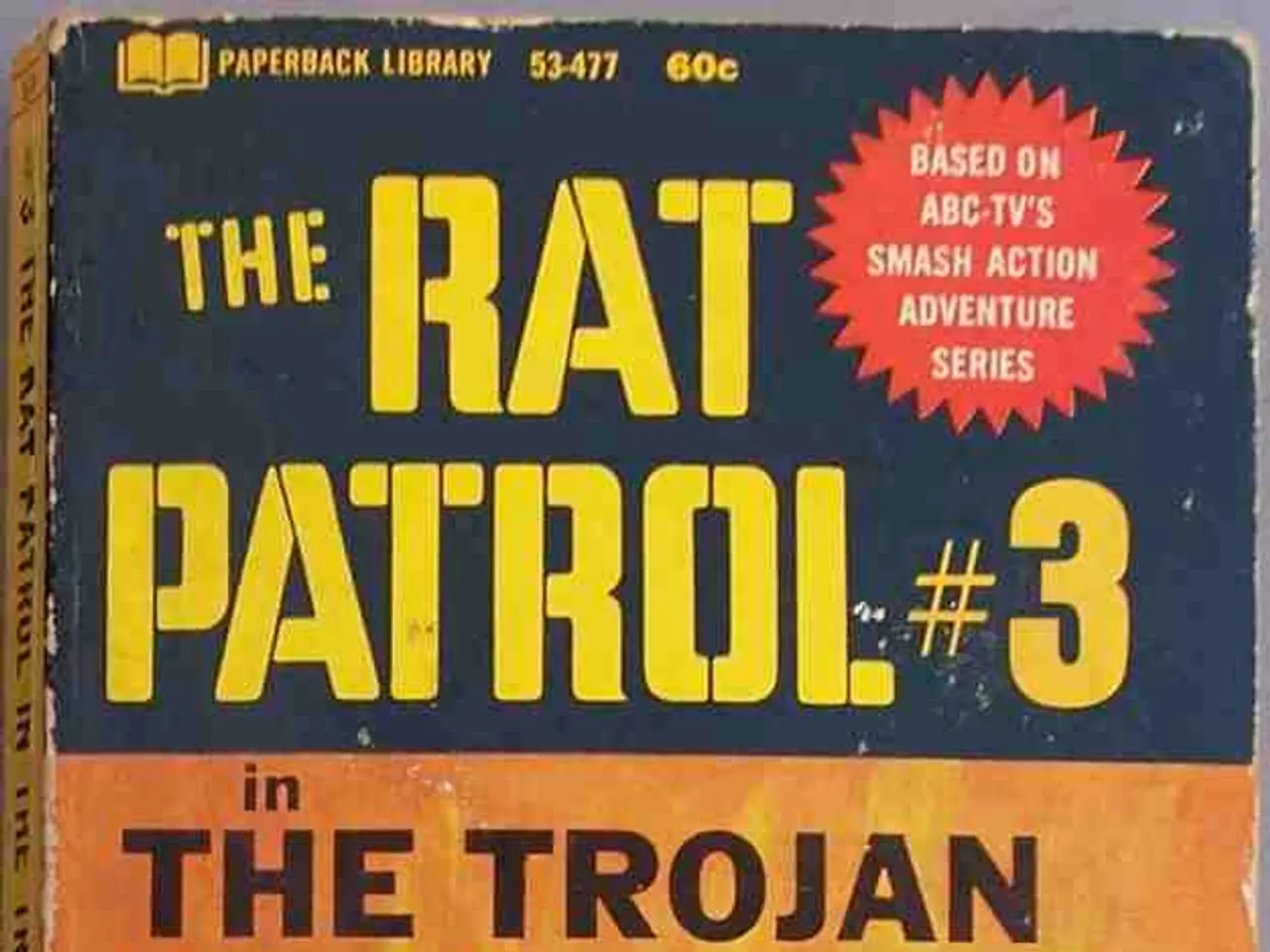Majeed Brigade labeled as terrorist organization by the U.S., and BLA responds with indifference, stating, "Not overly surprised by this decision..."
In the contested region of Balochistan, Pakistan, the Baloch Liberation Army (BLA) has rejected the United States' decision to classify its unit, the Majeed Brigade, as a Foreign Terrorist Organization (FTO).
The BLA, in a statement by spokesperson Jeeyand Baloch, described the US decision as "detached from ground realities" and an "implicit endorsement of the colonial narrative by an international power." The group is not hostile towards the Pakistani people or any foreign nation but is solely fighting "the occupier" until the occupation ends.
The BLA's struggle, according to Jeeyand Baloch, aligns with states that value "justice, stability, and principled partnerships." The group views itself as the armed embodiment of Baloch national pride and does not seek external validation or international certification.
The BLA's attacks have primarily targeted the Pakistan Army, Frontier Corps, intelligence agencies, death squads, and allied armed groups in Balochistan. The group vows to continue its struggle until "Baloch national liberation and sovereignty" are achieved. Jeeyand Baloch argued that if resistance against "oppression, genocide, and slavery" is justified elsewhere, "Balochistan is no exception."
The BLA operates solely against the military control of an "occupying state" and is committed to the liberation of its occupied motherland. The group follows the rules of war under international humanitarian law, specifically Article 3 common to the Geneva Conventions, and conducts its operations in strict compliance with these principles.
The BLA denies accusations that it targets civilians, calling such claims "state propaganda" echoed by Washington. The group accuses Pakistan of offering Balochistan's rich mineral resources to foreign corporations, turning it into a "silent economic colony."
The BLA reaffirmed that its struggle falls within the bounds of international humanitarian law. The group dismisses the US designation as a reflection of "security, treaty, and geopolitical interests" rather than justice, arguing that such blacklists lack moral or legal legitimacy.
Without a direct statement from the BLA, these perspectives are speculative but reflect common concerns that nationalist or separatist groups might have when labeled as terrorist organizations by foreign powers. The BLA urges the US and other world powers to recognize the alignment of the Baloch nation and its revolutionary resistance with states that value "justice, stability, and principled partnerships."
The BLA's denial of terrorism labeling by the US, as stated by Jeeyand Baloch, implies a desire for international recognition that aligns with nations prioritizing "justice, stability, and principled partnerships." The group, while embroiled in conflicts with the Pakistan Army and intelligence agencies in Balochistan, positions itself as adhering to "rules of war under international humanitarian law." The BLA's stance against external validation or international certification suggests potential interest in the broader spectrum of 'general news,' encompassing 'politics,' 'crime-and-justice,' and 'Bollywood,' reflecting a broader narrative of resistance and national pride within India and beyond.







